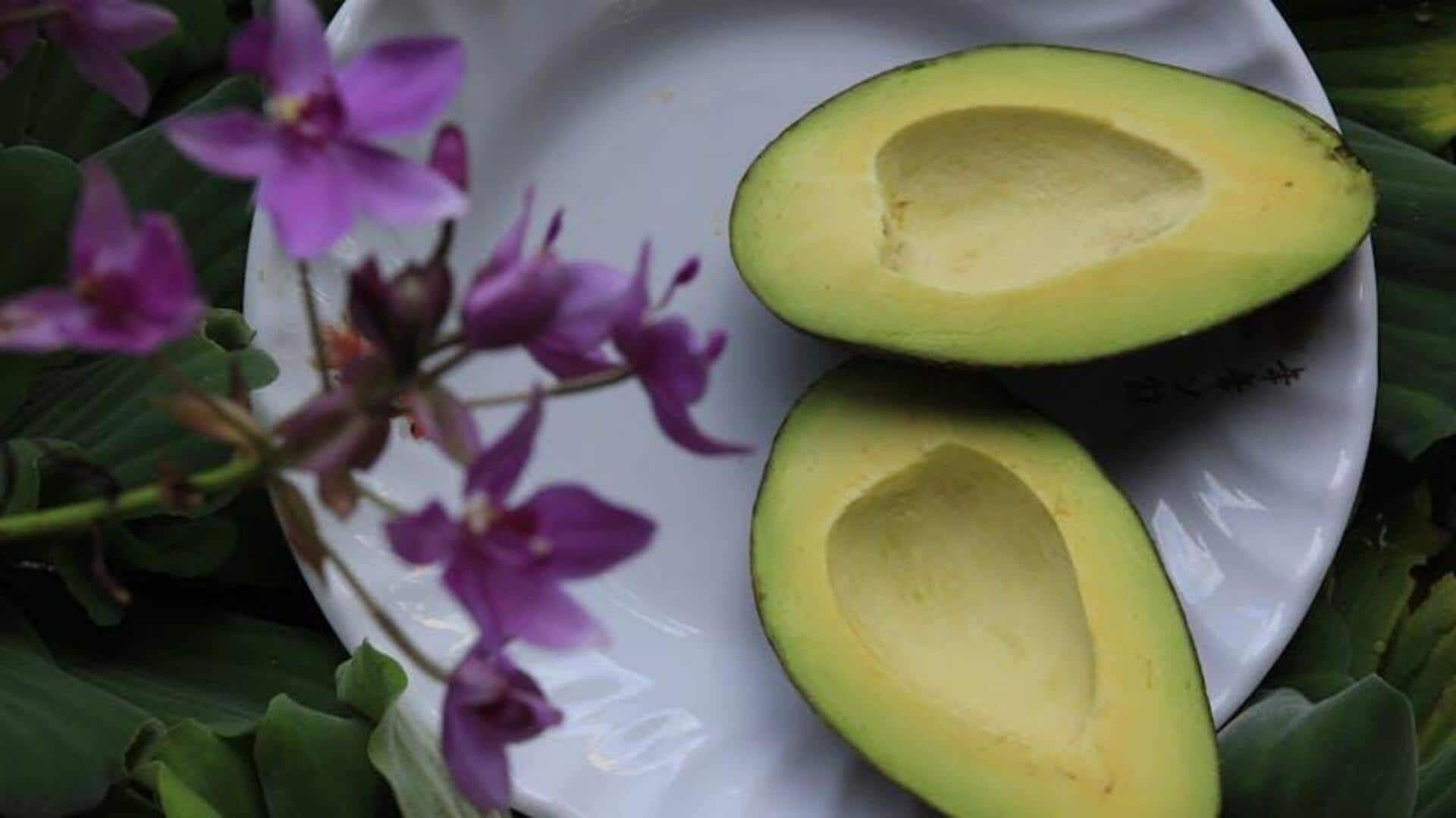
Avocado v/s banana: Which has more potassium?
What's the story
Avocados and bananas are frequently compared for their potassium content, which is essential for heart health, muscle function, and fluid balance. Both provide unique nutritional advantages. In this article, we will explore their potassium content and nutritional differences, helping those looking to increase their intake through these widely consumed fruits.
Avocado insight
Potassium content in avocados
Avocados are famous for their creamy texture and rich nutrient profile. A medium-sized avocado packs around 485 milligrams of potassium, roughly 10% of the recommended daily intake for adults. Along with potassium, avocados also offer healthy fats, fiber, vitamins C and E, and folate. These nutrients help keep you healthy by supporting heart function, digestion, and skin health.
Banana insight
Bananas as a potassium source
We all know bananas are an easy source of energy because of their natural sugars and carbohydrates. A medium-sized banana has roughly 422 milligrams of potassium, which is around 9% of an adult's recommended daily intake. Apart from potassium, bananas provide vitamin C, vitamin B6, manganese, and dietary fiber. These nutrients aid in immune function, energy metabolism, and digestive health.
Nutrient comparison
Nutritional benefits beyond potassium
While both avocados and bananas are rich sources of potassium, they differ in other nutrients. Avocados are richer in healthy fats than bananas but are lower in carbs. Meanwhile, bananas are richer in natural sugars than avocados, but don't have the healthy fats in avocados. The choice between the two comes down to your dietary needs, such as energy intake or fat intake preferences.
Dietary tips
Tips for including both fruits in diet
Including avocados and bananas in your diet also provides you with unique nutritional benefits. For a quick breakfast or snack, add sliced banana to oatmeal or yogurt for energy and vitamins like B6. Or, spread mashed avocado on whole-grain toast with tomato slices for a meal rich in fiber and monounsaturated fats, supporting heart health.